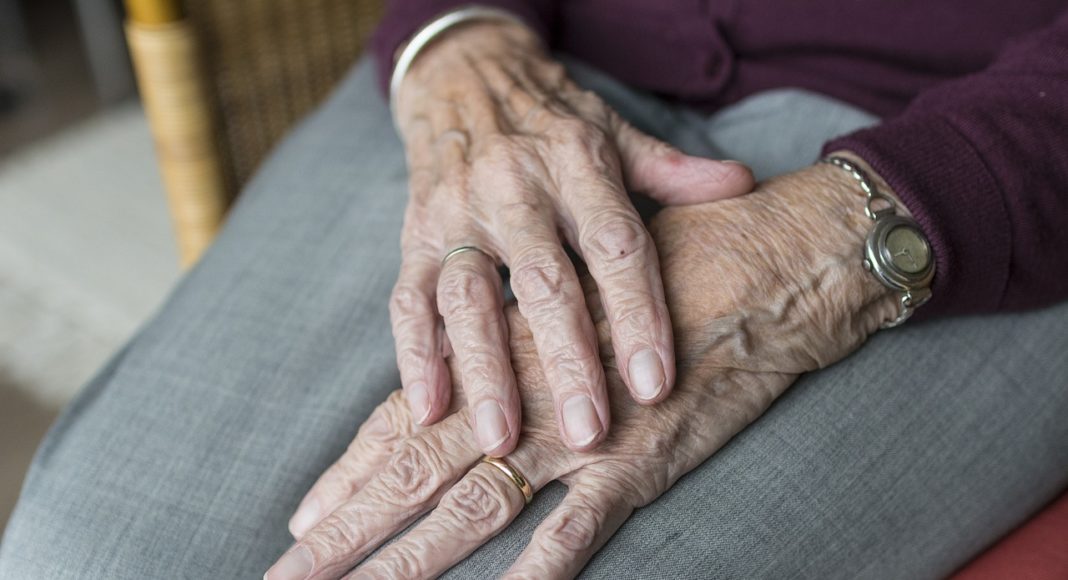
When did conversation among people of a certain age get replaced by the never ending organ recitals? Why have symptoms, diagnoses and treatment of minor as well as major bodily dysfunction become such a riveting topic – not just our own, but those of people we don’t even know, like a friend’s neighbor or somebody’s second cousin? When did the kind of conversations that used to occur in a doctor’s office take the place of sparkling repartee or even gossip about whoever left the party early?
Yes, we’re all getting older, but should the state of our health supplant the topics that used to engage us? Granted, in these rabidly partisan times, talk of politics can be risky, and sex and religion best discussed with friends of similar views in the event that dissent distresses us, but please, give me a lively discussion of health care politics over a lengthy and entirely too thorough description of almost anyone’s actual (ill)health any time.
It used to be just women who talked about their bodies, not only how they felt about their figure or much they weighed – an eternal preoccupation – but the down and dirty details of pregnancy, childbirth, menstrual cramps and menopause. And once we heard everyone’s story, we went on to other things. These days, men are nearly as forthcoming about their own aging bodies, which is why their most recent prostate exam and echocardiogram, along with constipation and cholesterol, are considered polite conversation. And almost no meal shared with Left Brain Lunchers is free of a lengthy discussion of carbs, gluten and calories, not just the ones in the chocolate mousse but in everything else they’ve already consumed today.
Whatever happened to books, current events, art, travel, and good old nostalgia? What about whether social media is a good or bad thing, if technology will change our kids’ lives as much as it has ours ? What about loftier topics, like the meaning we’ve made of our lives, the legacy we hope to leave, and how our spiritual beliefs influence the lives we’re leading now?
The Bechdel test is a measurement of how often women talk to each other in movies and TV about something besides men. If I applied the same measure to conversations with people my age of both genders that don’t involve their health, they’d rank about the same – hardly ever.
It’s not that I don’t care – I do, as any friend does when someone they care about is ill. I want to know what, if anything, I can do, remembering that the state of their health is their story, not mine, and theirs to share or withhold from others.Unless they’re my immediate family, all I want to know, as Jane O’Reilly once wrote, is if they’re better, the same, or worse.
Accordingly, I’ve convinced members of my book club to limit their organ recitals to two minutes each before we discuss the book. I’ve learned to say “Fine, minus the details,” when people ask me how I am. And I’ve cultivated a few non-sequiturs like, Do you think the rain will hurt the rhubarb? to short-circuit persistent questioners, as well as those who immediately launch into their own details. In fact, often I think it’s why they asked it in the first place – You tell me yours and I’ll tell you mine.
There are so many things I want to know, learn, question, discuss, and even argue about besides my body and yours. Let’s get together and talk about them.
Image by Sabine van Erp from Pixabay
Discover more from Post Alley
Subscribe to get the latest posts sent to your email.

Jane, Jane, Jane, t’was ever thus: what do you think those crones painted by Goya were chatting about?